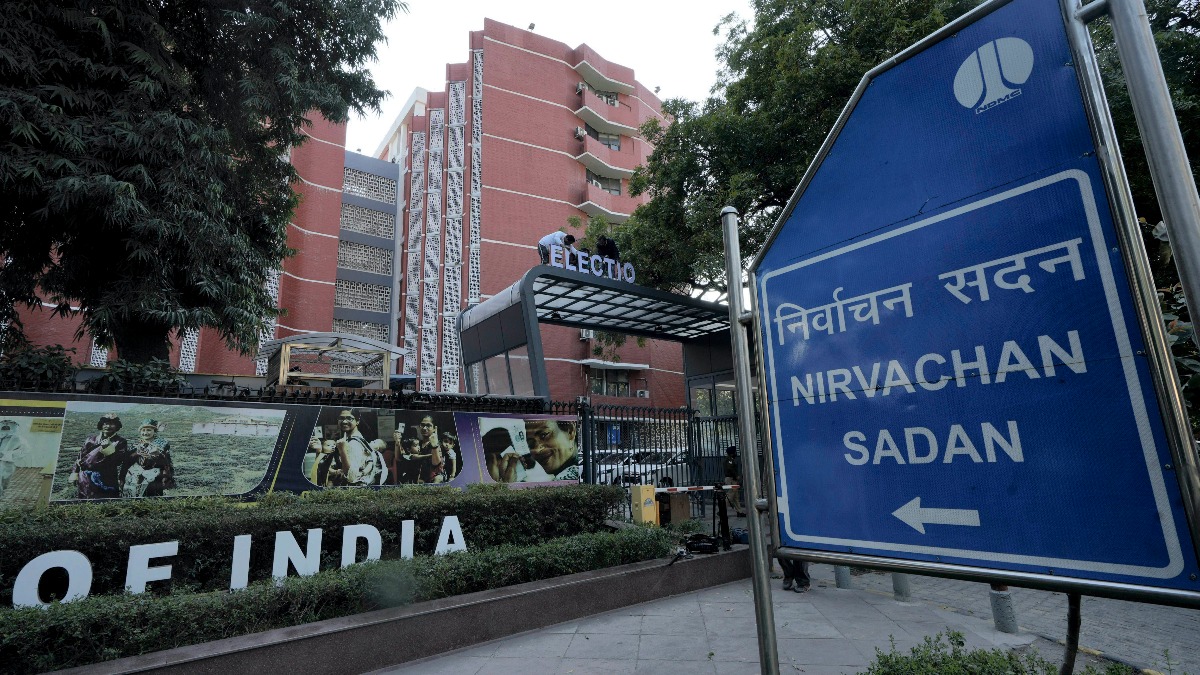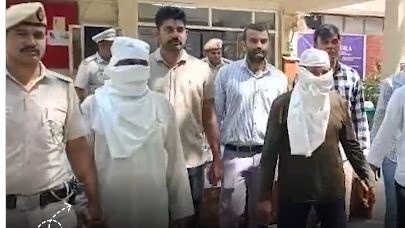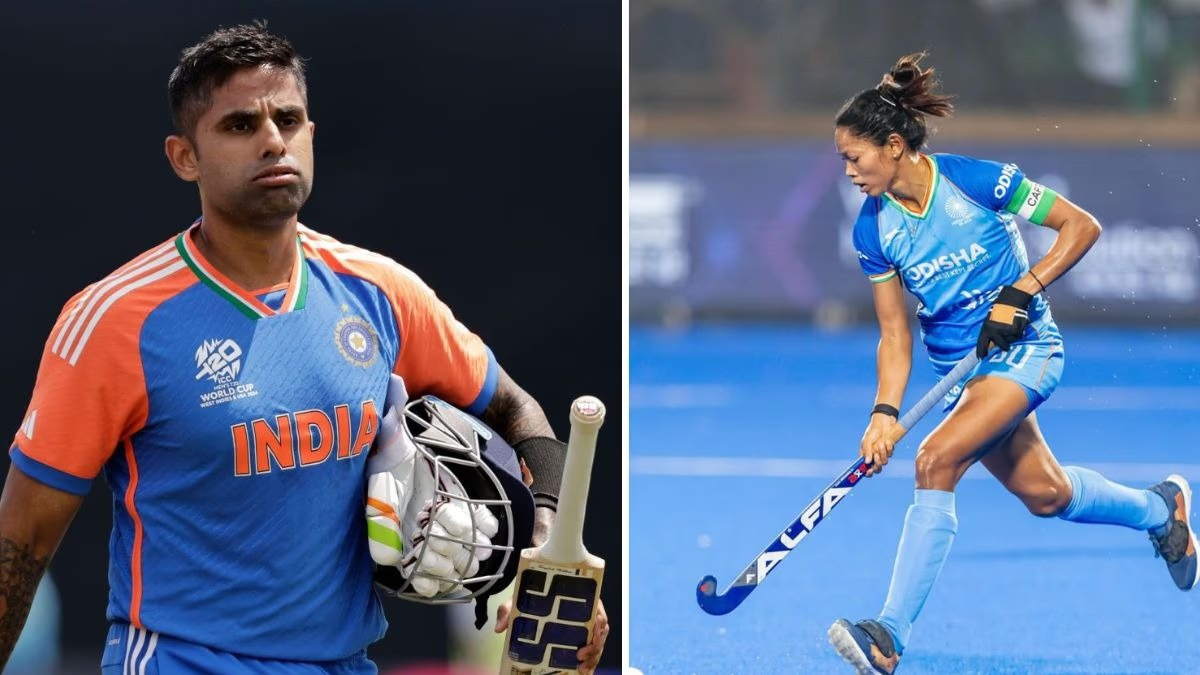In a significant move concerning code of conduct breaches, the Election Commission has dispatched notices to the BJP and Congress. These notices are consequent to lodged complaints against Prime Minister Narendra Modi and Rahul Gandhi.
The Commission sent these notices on Thursday to BJP President JP Nadda and Congress President Mallikarjun Kharge.
News agency PTI reports this to be the first instance when the Election Commission has deviated from targeting star campaigners to holding party presidents accountable. As per the Commission, while star campaigners are responsible for their speeches, party presidents too will now face clearly defined roles, depending on the case specifics. This move asserts increased accountability upon party chiefs.
Why Have These Notices Been Issued?
The notices to BJP's JP Nadda emerged post allegations against PM Modi and Congress President Kharge following Rahul Gandhi's speeches.
During an electoral rally on April 21 in Rajasthan's Banswara, PM Modi accused Congress of plundering he public's wealth to distribute amongst Muslims. He alarmingly said that under Congress rule, even 'Mangalsutras' would not be safe.
On the flip side, BJP filed a complaint against Rahul Gandhi and Mallikarjun Kharge, accusing them of subversive comments against PM Modi. In a rally in Kerala's Kottayam, Gandhi charged PM Modi with imposing a singular language and religion. Moreover, in Coimbatore, Tamil Nadu, he alleged that Modi was attacking language, history, and tradition.
BJP condemned Kharge, suggesting that in his rallies, he claimed exclusion from the Ram Temple inauguration due to his SC-ST identity.
Read more about how the electoral tides turn in Indian politics
The First Notice to a Prime Minister
Both parties have been instructed by the Election Commission to adhere to the code of conduct. It emphasized that individuals in higher positions face graver consequences for their speeches.
Officials claim that it is the first ever instance where a sitting Prime Minister has been brought under scrutiny and issued notice. Before this, several complaints had been lodged against PM Modi during promotion campaigns, but he was acquitted in all the cases, sparking controversies as the then Election Commissioner Ashok Lavasa dissented the decisions.
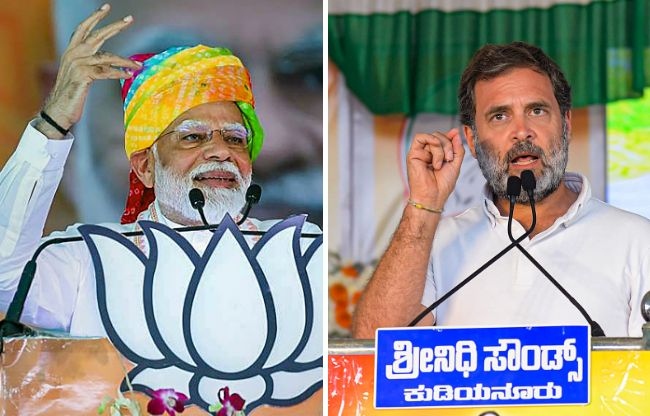
Source: aajtak
The Election Commission's Recent Measures
The Election Commission reported over two hundred complaints of code of conduct violation within a month and took action in 169 cases.
It was revealed that Congress and BJP lodged the most complaints. Out of 51 complaints filed by BJP, actions were taken on 38; from the 59 lodged by Congress, 51 were acted upon; while other parties combined, filed 90, with 80 resulting in action.
What Constitutes a Violation of the Code of Conduct?
- Soliciting votes on caste or community lines, inciting differences or hatred between different castes, sects, religions, or linguistic groups.
- Misrepresenting unresearched allegations or distorting statements to criticize other party's leaders or activsts.
- Using religious sites for speech, posters, or electoral campaigning is a violation.
- Threatening or bribing voters, after campaign period is over & transporting voters to polling booths.
Learn about
What Powers Does the Election Commission Hold?
Should candidates or leaders violate the code of conduct, the Election Commission can take stringent action.
A candidate can be barred from campaigning and even from contesting in elections. Additionally, criminal cases can be registered against the offender. Violations can lead to prison sentences.
Electoral offenses are classified under the IPC (Indian Penal Code) and Representation of People Act as 'corrupt practices.' If found guilty, prison sentences can be enforced.
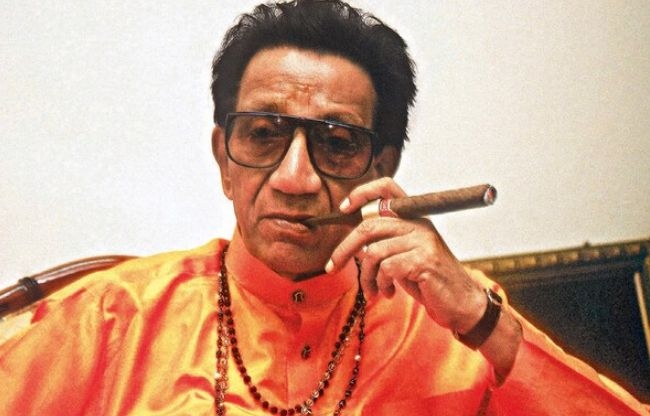
Source: aajtak
The Instance When Bal Thackeray was Disenfranchised
The Election Commission is potent enough to revoke an individual's voting rights. Two decades ago, it quelled the voting rights of Shiv Sena's founder, Bal Thackeray.
The 1987 by-election at Ville Parle in Maharashtra is where allegations of incendiary speech were leveled against Thackeray. He was accused of delivering provocative speeches in support of Shiv Sena candidate Yashwant Prabhu.
Following the adjudication in Bombay High Court in 1991, which imposed a six-year election ban on Prabhu, the matter was escalated to the Supreme Court. It upheld the decision, finding Bal Thackeray guilty too. However, the penalty for Thackeray was considered by an Election Commission committee as he wasn't holding a public office.
This committee led by Chief Election Commissioner MS Gill recommended to the President in September 1998 to disenfranchise Thackeray. Consequently, President KR Narayanan revoked his voting rights in July 1999.
Thackeray's prohibition lasted from December 11, 1995, to December 10, 2001, barring him from contesting in elections. Thackeray responded, wishing the matter had been settled sooner, claiming he would have served his sentence by then. A Shib Sena article headlined 'Democracy Prevails' was published the next day.
The Evolution of Code of Conduct in Elections
About the inception of the code of conduct, although the Election Commission was established in 1950, there was initially no such code. The origins of the code trace back to the assembly elections in Kerala in the 1960s, and it was further implemented during the 1962 general elections and the subsequent polls in 1967.
While the code was created, there was no fixed enforcement date until 1991, when the suggestion was made to apply the code from the day of election dates' declaration. However, the central government favored the enactment of the code from the day of notification.
After a series of court proceedings, an agreement was finally struck in April 2001 between the Election Commission and the central government. The agreement stated that the code would be applied on the election declaration day, ensuring at least a three-week gap between the announcement and the notification.
